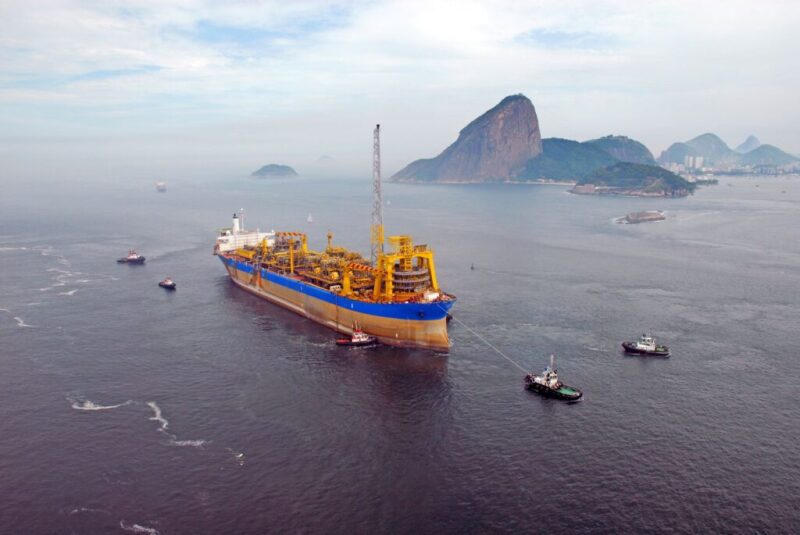A large number of floating production, supply, and offloading units (FPSO) leases are set to expire in 2022 according to new analysis from energy market research and consultancy firm Westwood Global Energy Group. The average yearly expiring FPSO contract since 2015 has been around three; however by the end of next year, a potential of 30 units could become available.
Westwood’s Global Floating Production Systems Market Report report notes under a scenario where no contract extensions are taken on current leased FPSOs, 14 additional units would become available in 2022. Alternatively, if all available extension options were taken, nine units would come off contract, adding to the 16 units currently awaiting upgrade or redeployment. Of those coming off contract in 2022, 36% are 40+ years old and are potential candidates for scrapping.
“This outlook uncovers a risk for FPS [floating production system] lease contractors such as BW Offshore and Modec who have recently enjoyed resurgent EPC activity but are now facing potentially significant backlog and revenue issues in the operations and maintenance part of their businesses,” said Mark Adeosun, senior analyst at Westwood.
However, the analysis also highlights upside potential for producers sitting on marginal reserves. These operators could take advantage of the current rebound in oil prices and FPSO availability to accelerate project sanctioning and in turn enjoy more cost-effective field development.
There has been significant growth in FPS orders since 2016 and that improved market sentiment has translated into operators revisiting projects previously stalled by the 2020 oil price crash. Recent FPSO-based projects that have been greenlit include Equinor’s BM-C-33 development off Brazil and Santos’ Barossa project off Australia.
Brazil’s Petrobras has kept its healthy appetite for FPSOs as well recently ordering a $2.3-billion newbuild vessel from Keppel Shipyard. The new unit will be the seventh FPSO to be built for use in the Búzios field of the Santos Basin pre-salt area. Delivery of the unit is expected in late 2024.
“We expect to see up to 17 FPS awards, valued at [approximately] $18 billion over 2021, up 72% on our Q4 2020 outlook,” added Adeosun. “This underlines the importance of near-real-time data and analysis when market dynamics are moving rapidly to ensure you stay ahead of the competition.”

